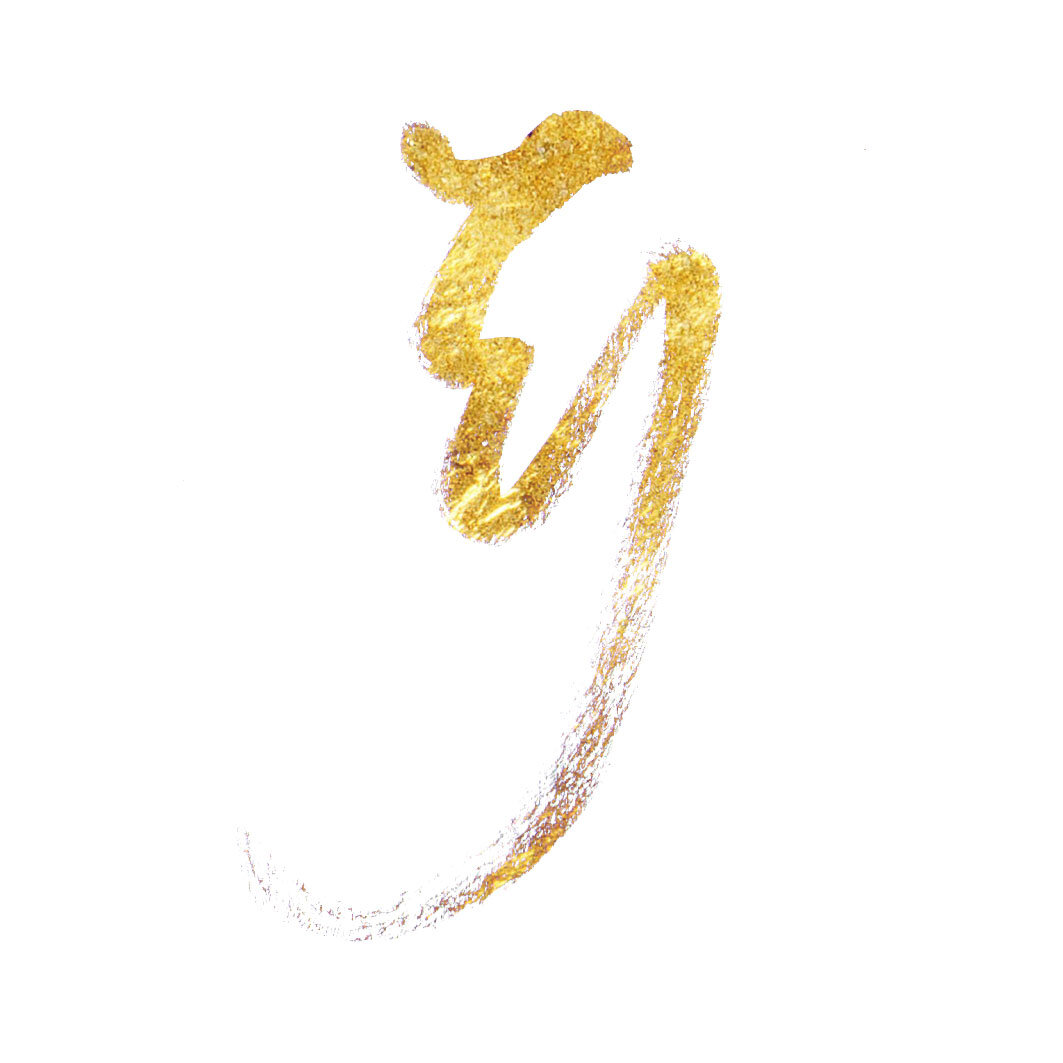Ninjō (人情 ,"human emotion or compassion"?)
:: From Wikipedia

Ninjō (人情 ,"human emotion or compassion"?) in Japanese, is human feeling that complements and opposes the value of giri, or social obligation, within the Japanese worldview. Broadly speaking, ninjo is said to be the human feeling that inescapably springs up in conflict with social obligation. As ninjo is a culture-specific term, the validity and/or importance of this concept is subject to a wide range of viewpoints, inextricably tied in to one's perspective on nihonjinron as a whole.
One crude summary of viewpoints regarding ninjo may be made thus:
1. naïve/crude Japan-centric viewpoint: Japan is a unique country, and giri (social obligation) is something only Japanese truly understand. Correspondingly, the subtle shadings of ninjo can only be experienced by a Japanese person, just as the wabi-sabi aesthetic is specifically Japanese.
2. sophisticated Japan-centric viewpoint: Certain refined foreigners, especially those with a strong sense of duty, understand giri and thus ninjo.
3. sophisticated Japan-skeptic viewpoint: Human nature is universal, and any claims by the Japanese of being unique are nonsense and perhaps a form of cultural narcissism.
4. crude Japan-skeptic viewpoint: Spending time thinking about Japanese cultural concepts is itself part of nihonjinron racist thinking.
The classic example of ninjo is that of a samurai who falls in love with an unacceptable partner (perhaps somebody of low social class or somebody of an enemy clan). As a loyal member of his clan, he then becomes torn between the obligation to his feudal lord and to his personal feelings, with the only possible resolution being shinjū or double love-suicide. The correspondence to William Shakespeare's play Romeo and Juliet or the Aeneid would be made by Japanese and non-Japanese alike. The question of whether modern Japanese still feel a greater sense of giri than their Western counterparts, and thus remain in some ineffable way psychologically closer to this sort of giri-ninjo conflict is precisely where nihonjinron divides into the Japan-centric and Japan-skeptic camps.
Related Posts
:: Brief History of the Japanese Tattoo :: Oriental Irezumi and Occidental Tattooing in Contemporary Japan
:: Ninjō (人情 ,"human emotion or compassion"?), From Wikipedia :: Also, see jigai (自害), for explanations of the illustration, on Wikipedia
